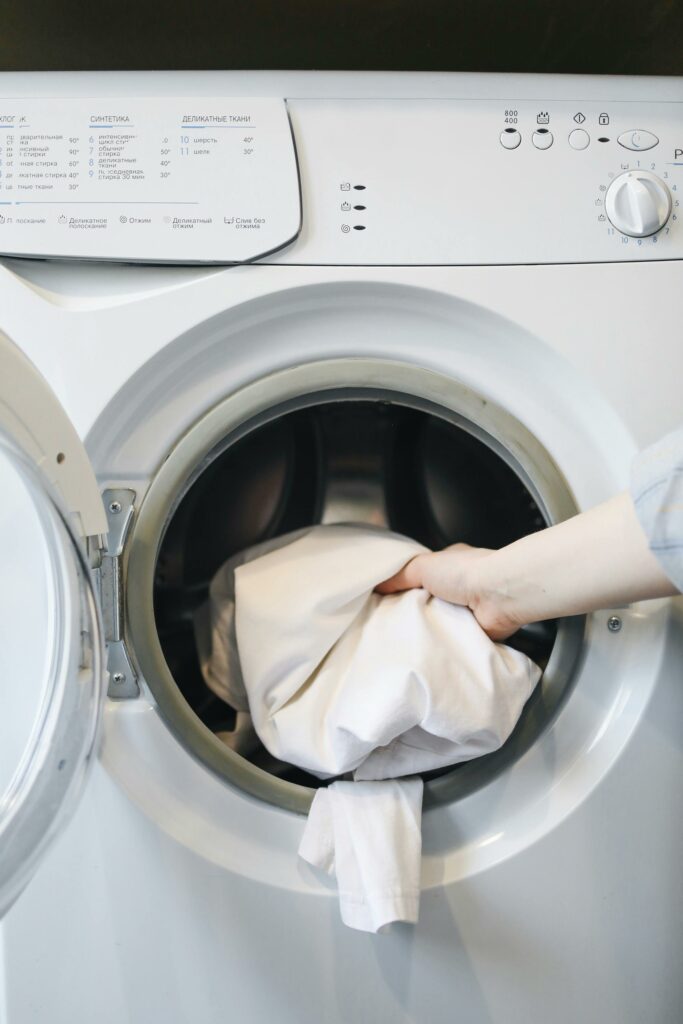When thinking about fragrances, the first thing that comes to mind is pleasant smells. However, there is another important aspect: odor removal. The challenges of odor removal are just as important as creating pleasant fragrances.
Odor control is not just a camouflage for foul odors but a science that calls for the identification of its cause and its effective neutralization. Be it a washer containing residual moisture and detergent, a dryer collecting lint and dust, a dishwasher with chunks of food stuck in its filters, a shoe cabinet trapping moisture, or odors lingering in clothing and fabric, effective odor control ensures these everyday challenges are managed.
At the core of odor removal is chemistry. Molecules responsible for bad odors, such as sulfur compounds, amines, and fatty acids, must be neutralized or broken down. This often requires careful selection of ingredients like enzymes, which can break down organic matter, or absorbents like activated carbon, which trap odor molecules. In other cases, chemical reactions such as oxidation—using agents like ozone or hydrogen peroxide—can neutralize the odor-causing compounds.
Finding an ideal formulation is not trivial and a deep understanding of both chemistry and fragrance is crucial. Through the precise application of these chemical processes, modern odor control formulations not only mask but effectively eliminate unpleasant smells, ensuring long-lasting freshness and a healthier environment.


